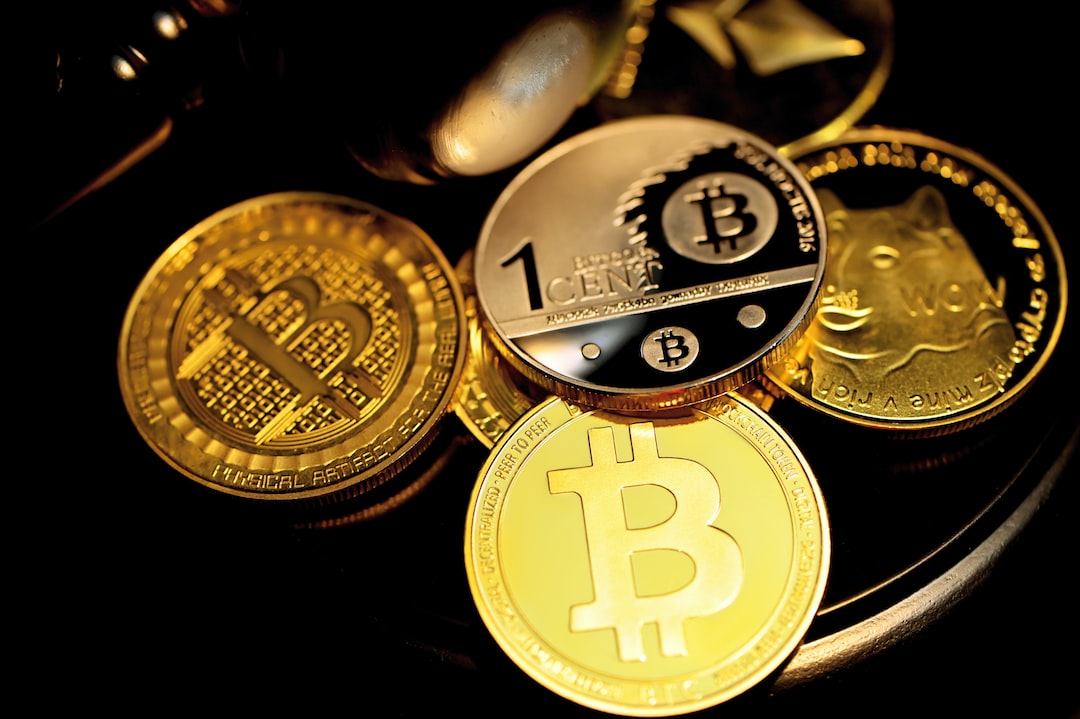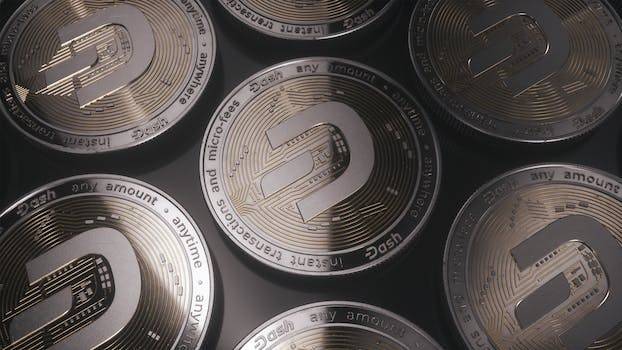Ripple Addresses Misconceptions About Ruling
Ripple recently clarified six misconceptions about the recent ruling in the trial of Ripple v. SEC. The ruling declared that Ripple is not a security, making XRP and Bitcoin the only digital assets not considered securities in the US. Here are the key points addressed by Ripple:
- The ruling by Judge Torres was not split. The court decision clearly stated that Ripple is not a security.
- XRP is not a security. The court defined XRP as a digital token that is not an investment contract.
- An investment contract is a specific type of security and must be analyzed on a transaction-by-transaction basis.
- The court ruling does not only protect sophisticated institutions; it applies to all transactions where there are no securities involved.
- Ripple has been conducting business mostly with companies outside the US since the SEC lawsuit in December 2020.
- The court ruling did not favor Ripple’s fair notice defense, which claimed that the SEC did not provide sufficient warning about the classification of XRP as a security.
Ripple’s statement regarding the fair notice defense mentions that the SEC’s then-head of Corporate Finance ignored warnings about creating confusion with his analysis.
Hot Take:
The recent ruling in the trial of Ripple v. SEC has provided clarity on the classification of XRP as a security. Ripple’s efforts to address the misconceptions surrounding the ruling shed light on the court’s decision and its implications for the cryptocurrency industry. This ruling further solidifies XRP’s position as a digital asset separate from securities, making it an attractive option for crypto investors and enthusiasts.





 By
By
 By
By
 By
By
 By
By
